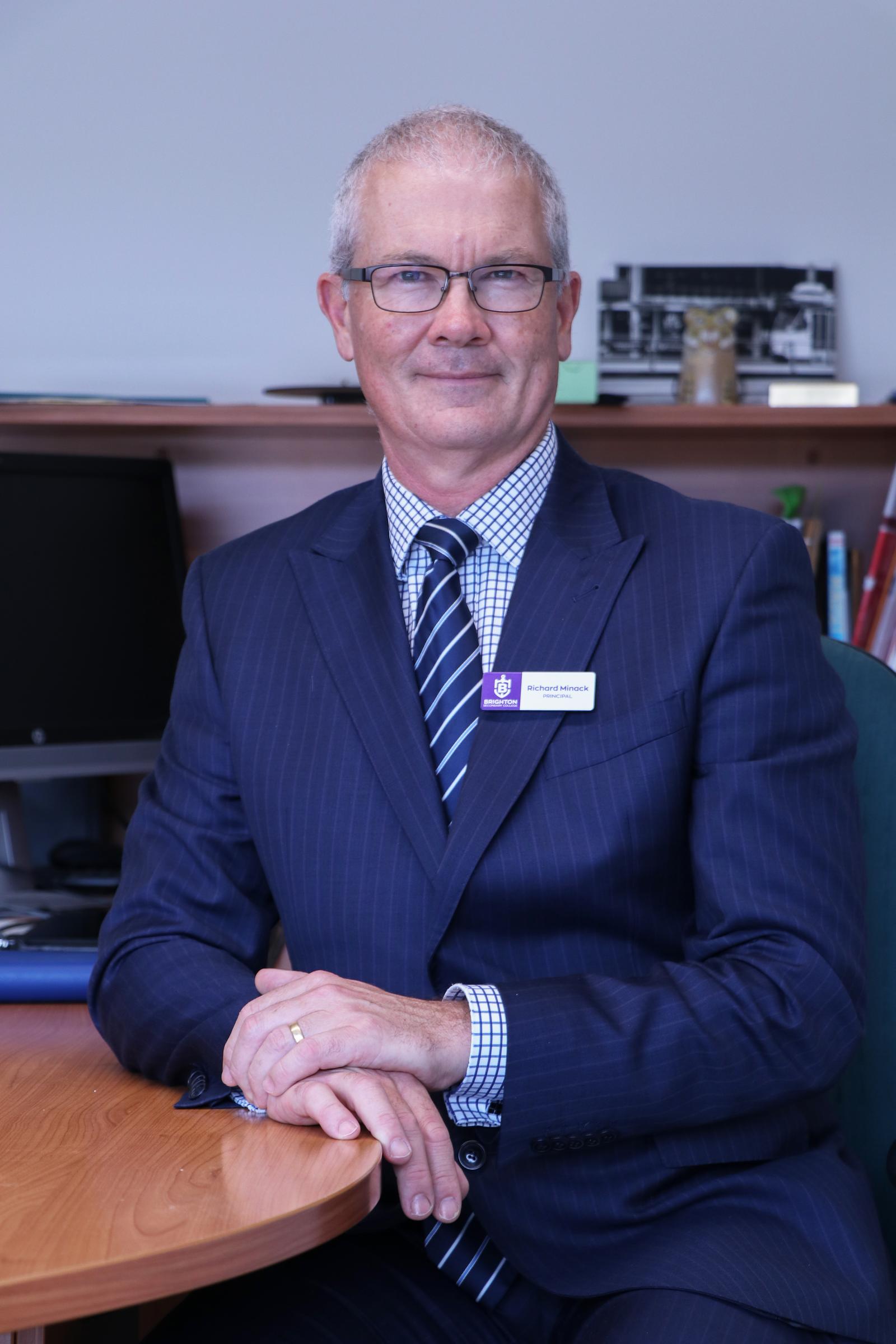PRINCIPAL REPORT

From the College Principal
Dear Parents, Carers and Friends,
As we endure our sixth lockdown, and for school aged children, sixth period of remote learning, it seems that the shared efforts of our society to do what is needed to be done to fight the spread of COVID19 is beginning to fray. We see reports of individuals and groups taking decisions which are contrary to the current health advice, and which place the general population at a greater risk of an expanding outbreak. If we want to look into the future to see the outcome of such behaviours, we only need to look north of the Murray river.
International experience would show, even in countries with much higher rates of full vaccination than Australia currently has, that the waves of Delta variant outbreaks can, and do, cause hospital system to become overrun as they are pushed beyond their operating capacity. For example, The Australian newspaper reported this week that COVID19 cases were accounting for 10% of ICU admissions in NSW hospitals, and that elective surgeries had been cancelled. Whilst their system is some way from being overloaded, modelling reported by the Age suggested cases could rise to over 2000 a day. In this scenario, it seems likely the NSW hospital system would be at capacity.
I want you to recall what an over-capacity hospital system looks like. You don’t need to imagine it, because we saw it in places like Italy during their first wave of the outbreak last year. So, whilst, yes, absolutely, the mental health impacts of lockdown may be significant for some individuals, and we need to have services in place to support them, we need to consider the situation in which you, or a loved one, is transported to hospital in an emergency, and they simply can’t be attended to because there is no capacity left to do so. There is no such thing as spare doctors or nurses. If one is diverted to treating very sick COVID patients, other unwell people go untreated.
During Australia’s short history of European settlement, the hallmark of this country’s response to various crises, whether it be world war, economic depressions, or natural disaster, has been to respond with very high levels of collectivism and cohesion. In those times, it was accepted that the needs of the many outweighed the needs of the few. It was expected that everyone made their own contribution, or sacrifice, to achieve a shared goal, or to counter a shared threat.
Of course, there have been times in our history when, in periods of crisis, there has been dissent and disagreement. The response to conscription during WWi, and the protests over our involvement in the war in Viet Nam come to mind.
This is not that time for that type of response. COVID19 is a natural disaster, and we need to respond to it in the same way we would to any other. No one stands in the face of a bushfire or a flood and denies their reality, or the threat they pose. I’m pretty sure during bushfires in late 2019, no-one in the affected areas refused to help, because they had formed the view that their house would be OK.
Just because we cannot see the COVID19 virus does not mean it is not real, or that is presents a clear and present danger to the health and wellbeing of the people of our nation. Now is the time for collective and cohesive action. When the fire is approaching, no one asks, “Why are you picking up the hose?” No one hesitates. Everyone who can, acts. We need to act.
We can’t do the things we would like to do, but which would contravene the current heath orders. We must get vaccinated, and we need to get tested when we are sick. If we all do these things, even though, at times, we don’t really want to, we have a chance of beating COVID19.
Yours sincerely,
Richard Minack
Principal
